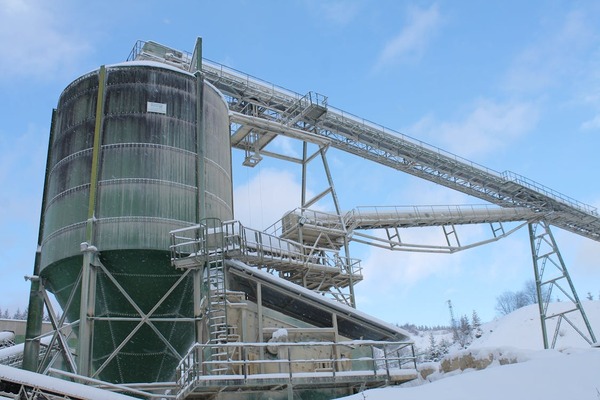Saudi Arabia has connected a 500 MW/2000 MWh battery energy storage system (BESS) in Bisha, located in the southwestern province of ‘Asir. The facility is currently the largest operational single-phase energy storage project in the world.
The Bisha battery energy storage system consists of 122 pre-assembled units, each equipped with a 6 MW power conversion system and four lithium iron phosphate (LFP) battery modules, with each module capable of storing 5.365 MWh of energy. The system’s modular structure allows for efficient use of space and simplifies integration into the grid. It also minimizes the likelihood of operational failures by distributing components across smaller, independent units. The design and construction of the facility were managed by Power China Hubei Engineering Co., while the storage components were supplied by BYD, a company based in China.
The facility was built to withstand harsh desert conditions, including high temperatures and frequent sandstorms. Engineers adjusted installation methods and commissioning processes to improve the system’s reliability and performance in such an environment. The Bisha project supports Saudi Arabia’s plan to expand renewable energy under Vision 2030, which aims to generate 50% of the country’s energy from renewable sources.
In addition to the Bisha project, Saudi Arabia is advancing other large-scale energy storage initiatives. The Saudi Power Procurement Company (SPPC) is in the process of tendering four additional 500 MW/2000 MWh BESS projects. In January, SPPC released a list of 33 prequalified bidders for these projects. Participants include companies such as Masdar, ACWA Power, EDF, and TotalEnergies. These facilities will provide 15-year storage services agreements, supporting the country’s transition to renewable energy.
Other renewable energy projects in Saudi Arabia include the Sakaka solar plant, which produces 300 MW of energy, and the Dumat Al Jandal wind farm, with a capacity of 400 MW. Additionally, Saudi Arabia is pursuing green hydrogen projects at NEOM, an initiative designed to position the country as a leader in clean energy development.


